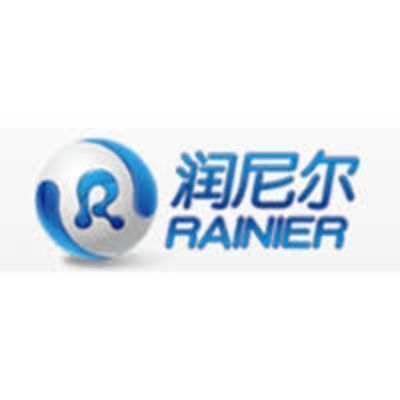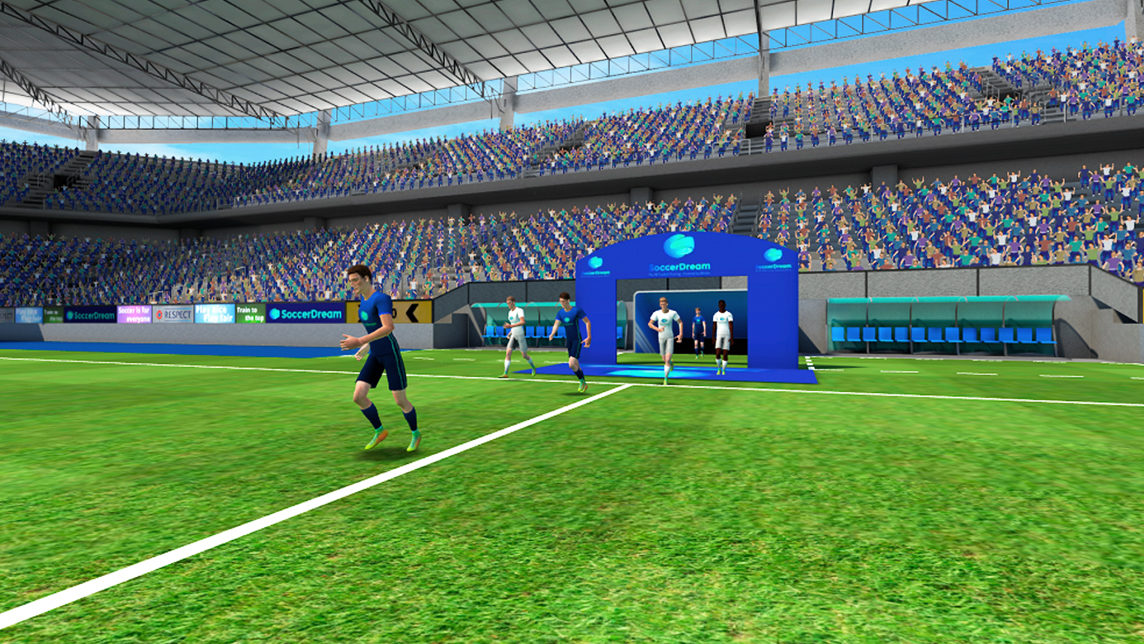In December 2018, three postgraduate researchers died when their experiment on sewage water treatment triggered an explosion in the laboratory. The accident at Beijing Jiaotong University shocked the public and sparked an immediate review of safety standards in the education sector.
Lab experiments, especially those using chemicals or other dangerous items, involve high risks. Addressing this pain point in college experiments, Beijing-based VR edtech Rainier has developed virtual experiment education management systems in 10 fields including computer science, electronics, materials science and mining engineering.
Rainier received Series B funding of RMB 20m from SBI-Xueda Education Fund, an education investment fund jointly set up by Japan-based SBI Holdings and China's Xueda Education Group, in Novmber 2018.
“We decide to invest in Rainier because of its core team’s longtime experience in the education industry, steady down-to-earth efforts and the product line of virtual experiment teaching management platform and related resources,” said Cai Jufang, General Manager of SBI-Xueda Education Fund.
The huge potential of the VR/AR edtech field has attracted entrepreneurs, investors and governments in recent years. In a 2016 report, Goldman Sachs forecast that the global market for VR/AR software in education will be worth US$700m by 2025.
In China, investment in education-related VR/AR startups rose to 12.8% of total VR/AR-related funding in 2017 from 11.9% in 2016, according to CCID Consulting. In the first half of 2018, the Chinese government spent RMB 509m on 416 VR/AR procurement programs, about 67% more than in 2017. About 81% of those programs were in education.
From universities to K-12 classrooms
While working as a professor at Beijing University of Posts and Telecommunications (BUPT) in 1998, Wen Fu’an noticed that many students ended up learning poorly because of lack of interest. He began to explore the possible benefits of virtual experiments as teaching tools for tertiary education. Virtual technology was a novelty that could be used to improve student engagement and results, he thought.
Wen founded Rainier Science and Technology in 2007. Wen and his research team at BUPT began laying the foundation for the VR platform, leveraging BUPT’s information technology specialization and networks to make Rainier a strong edtech brand. Like many VR/AR companies, Rainier finally found its niche after a decade's worth of research in the higher education sector.
From 2013 to 2015, Rainier had built virtual experiment teaching centers at more than 100 colleges and universities, including Wen's research university BUPT in Beijing. In 2017, Rainier received its ISO9000 certification. By late 2018, over 350 of Rainier's 550 clients were colleges and universities. The company made RMB 80m in revenue in 2017.
It set up a unit, Rainier Soft, in September 2016 to step up its expansion into the K-12 education market. Five schools started implementing Rainier's AR/VR teaching systems in November 2018.
In April 2018, Rainier signed a strategic cooperation agreement with VR firm zSpace to co-develop VR education products for both K-12 and higher education markets. The California-based company is well known for its immersive applications in K-12 education that allow students to use a pen-like stylus, eyewear and a laptop/computer to experience a realistic learning environment.
Virtually 100% safe
Take, for example, the virtual experiment of blasting engineering in mining. The high costs and risks in such experiments make it very difficult for students to learn first-hand about blasting operations.
But with a virtual teaching system, students can easily carry out five common blasting engineering experiments involving all the details of real-life blasting experiments. Teachers can give directions during the whole process through a small dialog box on a corner of the virtual scene interface. The real-time chats and the VR images created by the students make the learning process more interesting. Based on the VR experiment results, data and comments given by teachers, the students can repeat the same experiment to improve their outcomes at zero cost.
Along with the VR teaching systems, Rainier also provides a platform, OWMLab, to enable clients to digitize lab management processes. Resources, such as software and demo display that are usually scattered across different majors within a college, can now be fully integrated for sharing by multiple users.
Students can simultaneously reserve time slots for their experiments, learn related theories and submit reports using the same platform. Teachers and lab administrators can also mark student reports and perform management tasks at the same time.
Faced with stiff competition from other VR/AR tech providers, Rainier is scaling fast to cover all education sectors throughout China with offices in over 10 cities. It has also expanded its services to provide for non-scientific projects like 3D criminal investigations. Rainier now owns over 90 software copyrights, with 60% of the staff involved in R&D.













